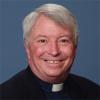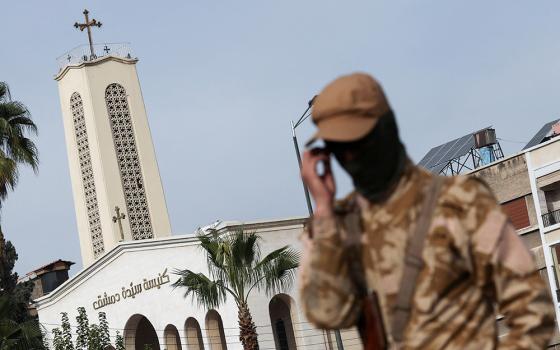
Michael Shermer, executive director of the Skeptics Society and founding publisher of Skeptic magazine (Courtesy of Sony Pictures Classics/Barry Berona)
Propaganda (definition): Information, especially of a biased or misleading nature, used to promote or publicize a particular political cause or point of view.
A little over a year ago following the President Barack Obama’s State of the Union, I was asked by Michigan Interfaith Power & Light (the organization I had founded back in 2003) to sign onto an op-ed on energy opportunities that would appear in the Detroit News. For that piece I received what can only be called “hate mail” and one email that made a threat against my person.
I also received a call from a well-known radio show, whose host immediately went on an ad hominem attack. When he disputed the reality of melting glaciers, I asked him from where he derived his source. His answer -- Marc Morano, editor of ClimateDepot.com, widely viewed as a leading climate skeptic website, and a former climate researcher for Sen. James Inhofe.
The new documentary “Merchants of Doubt” addresses the reality of corporate-sponsored public disinformation campaigns on subjects such as cigarette smoking, fire retardants and climate science. Merchants of Doubt, directed by Robert Kenner who also directed “Food, Inc.,” is based on the 2010 book of the same name by Naomi Oreskes and Eric M. Conway
The magician Jamy Ian Smith, whose commentary sprinkled throughout “Merchants of Doubt,” demonstrates through sleight of hand how easy it is to confuse a gullible public -- serving as the film’s metaphor.
Cigarette companies discovered as far back as 1953 that through slick public relations, parading your own “experts” for media consumption and sticking with the mantra “We are just not sure,” how a small cadre can fend off overwhelming scientific consensus for decades. A few of the same scientists trotted out to argue for the safety of smoking are now at the forefront of climate denial.
Oreske, one of the key voices in the film, raises the question as to why, if human-induced climate change, is pretty much settled science among peer-reviewed climatologists and by all of the major American and international scientific societies, that reality has not taken root among the American polity more than it has. “Merchants of Doubt” advances several theories:
- As with the boy who cried wolf, much of the environmental message of the 1970s through the end of the century was couched in overly alarmist language.
- Corporations and, in particular, the fossil fuel industry employ P.R. experts to take on scientists with little experience or talent in the arena of public debate.
- Some of these so-called “experts” have no compunction about going for the jugular by engaging in smear campaigns against leading climatologists. Some who appear in the film admit that they are not interested in the science. One particular example of such character assassination tactics is represented in the film by a former door-to-door salesman, Marc Morano.
- Many journalists and cable news networks create a false equivalence by giving equal time to the “skeptics” without fully checking their credentials or who is funding them. A picture is painted that the scientific community is equally divided on the issue, at least in the mind of the viewer.
- As Michael Shermer, editor of Skeptic magazine and a political libertarian, points out, a sense of tribal identity is more powerful in a person’s beliefs and convictions than facts. South Carolina Congressman Bob Inglis, whose pro-life and conservative credentials were impeccable, experienced that awful reality during the 2010 primaries. Going on polar expeditions while a member of Congress he is convinced by the scientific evidence of the reality of climate change. When he incorporated a creation care message based on the science, he was booted out of office. The prevailing belief of this tribe appears to be: We are opposed to any message that calls for any regulation that threatens our “freedom.”
The documentary ends on an ambiguous note. The public eventually came around to the realization that the message of the cigarette companies that cigarette smoking is not harmful was a lie. It took 50 years.
In the climate debate, if the scientific consensus on the implications of climate change for our planet is borne out, we don’t have 50 years. Need we wait for the next natural disaster to wake folks up?
Or perhaps we might not wait that long after all for a climate tipping point. If the forecasters are correct and California regularly continues to experience droughts, it will not be California’s homeowners who will have to ration water. When rationing hits the agricultural community -- the same agricultural economy that supplies half of the nation’s produce, fruits and nuts -- the days of inexpensive food will become a fond memory.
[Fr. Charles Morris is an assistant professor in religious studies and environmental theology at Madonna University, located outside Detroit.]
Editor's note: Want more stories from Eco Catholic? We can send you an email alert once a week with the latest. Just go to this page and follow directions: Email alert sign-up.


